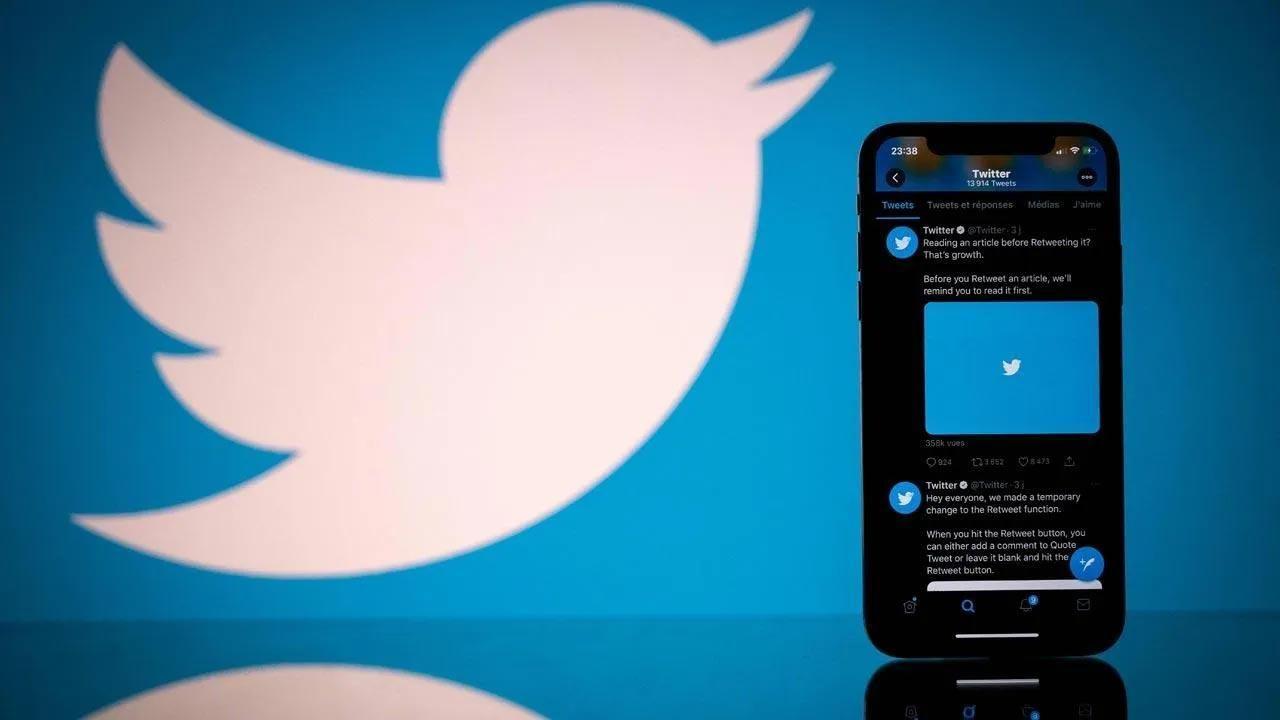Sentiments toward Covid-19 vaccines, whether positive or negative, previews subsequent vaccination rates, finds a study of related Twitter posts

Representative Image. Pic/iStock
Sentiments toward Covid-19 vaccines, whether positive or negative, previews subsequent vaccination rates, finds a study of related Twitter posts.
Vaccination can help end the continuing surges and new variants of the Covid pandemic. But vaccine hesitancy undermines the impact of vaccination individually and collectively.
Compounding this is the role of social media, which increasingly amplifies both information and misinformation regarding vaccination, raising questions about how, specifically, these platforms affect vaccination rates.
The study, conducted by researchers at New York University, showed that positive sentiment, expressed on Twitter, toward vaccinations was followed, a week later, by increases in vaccination rates in the same geographic area while negative sentiment was followed, in the same region, by decreases in vaccination rates the following week.
The results, which appear in the journal Clinical Infectious Diseases, offer new insights into the influence of social media on public health measures.
"We need to understand vaccine hesitancy and social media's impact on creating and spreading it," said Megan Coffee, clinical assistant professor in the Division of Infectious Disease and Immunology within the Department of Medicine at NYU Grossman School of Medicine.
The team deployed a real-time big data analytics framework using sentiment analysis and natural language processing (NLP) algorithms. The system takes real-time tweets and identifies tweets related to vaccines and classifies these by certain themes and provides sentiment analysis, cataloguing tweets as positive, negative, or neutral.
Together they analysed 23,000 vaccine-related tweets from March 20, 2021 to July 20, 2021 and then compared them with vaccination rates in different US states.
The findings showed that in the first several months of the pandemic, and before the vaccine rollout commenced at the end of 2020, positive and negative sentiment toward vaccines was similar, with slightly a higher positive sentiment. By contrast, after the vaccine rollout commenced, negative sentiment tweets exceeded positive ones.
While the method helped identify patterns in vaccine hesitancy over time and place, "it can only monitor, and not influence, vaccine hesitancy, which is constantly changing. More work is needed to build trust in life-saving vaccines and undo the influence of vaccine negativity," Coffee said.
Also Read: 2 in 5 Indian users happy at Musk's Twitter acquisition: Report
This story has been sourced from a third party syndicated feed, agencies. Mid-day accepts no responsibility or liability for its dependability, trustworthiness, reliability and data of the text. Mid-day management/mid-day.com reserves the sole right to alter, delete or remove (without notice) the content in its absolute discretion for any reason whatsoever.
 Subscribe today by clicking the link and stay updated with the latest news!" Click here!
Subscribe today by clicking the link and stay updated with the latest news!" Click here!








